Rape victims seek help in exile
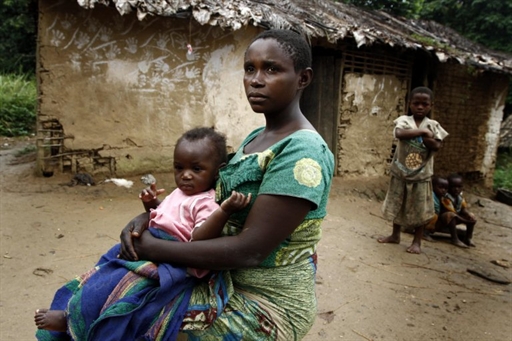
A United Nations report about to be released on human rights abuses in the Democratic Republic of Congo (DRC) in 1993-2003 lists rape among the abuses committed.
Sexual violence against women shatters victims’ relationships with their families and society. Many seek refuge abroad, including in Switzerland.
The UN report is published on October 1 and details abuses during the ten year period to 2003. More recently, a senior UN official has spoken of mass rape in the east of the country in July and August this year.
The precise number of victims coming to the country is not known – or not publicly available. Neither the Federal Migration Office nor the Population Office can provide figures.
But of the 3,443 people seen in June 2008 by the asylum seekers section of Geneva’s Hospice Général – the institution which implements the canton’s social services policies – 45 per cent were women, mainly from Africa. A smaller number came from the Balkans and Asia.
Rape in a war situation is not only a personal trauma, a violation of a woman’s intimacy, but also a threat to her status. Many prefer to keep quiet rather than risk rejection by their husband or community.
“In exile, the fact of being far from home and talking to someone who’s not from there helps these women open up,” Betty Goguikian-Ratcliff, a psychotherapist who works with migrants at the Appartenances-Genève association, told swissinfo.ch.
In western Switzerland, nearly 60 per cent of cases seen by psychotherapists are to do with post-traumatic stress, according to the various associations helping migrants.
The difficulty of speaking about the trauma, which can take years to get over, can be a problem when requests for asylum are judged.
“Given the difficulty, or even the impossibility, for the woman to return to the country where she was raped during the war, the evidence is often thin,” Fabienne Bugnon, general director of Geneva’s Human Rights Office points out.
“And since the victim is too ashamed to speak about it to her husband, the fact often doesn’t even make it into the file.”
Uncertainty
The time a woman might need before she feels able to speak about her experience contrasts with the very short amount of time allotted for federal officials to hear the asylum request.
Having to describe a traumatic event like a rape, where the perception of what happened may be confused and in a context where her word may be doubted, can be perceived by the asylum seeker as another intrusion, and may stop her from speaking.
Appartenances-Genève says that in the past psychologists were allowed to accompany these women while they were being questioned, but a tightening up of the law means that now the women are simply given a medical certificate confirming the facts and the danger they would face if sent back.
It is not only the uncertainty about getting refugee status that can lead to further panic attacks. Fear that their husbands might find out what happened, or the fact that either the men who perpetrated the violence against them, or members of a dictatorial African government are staying in Geneva, can also cause profound anxiety.
Psychotherapists agree that all victims of these wartime rapes need outside help if they are to be treated. And in addition, they need to come to terms with losing their country, since the status of refugee means they cannot return.
Swiss initiatives
Various initiatives are underway to help fight the problem on the ground.
“The pressure exerted from Switzerland by exiles and NGOs, both on the governments concerned and on the Swiss government, is one of the keys to improving the protection of these women,” Claire Morclette, of the East Africa office of Amnesty International, told swissinfo.ch.
She welcomes the support given to women on the ground in Burundi or South Kivu (in the Democratic Republic of Congo). “Their help in funding the target projects is also key,” she added.
The canton of Geneva plans to sign a new convention with the Geneva Call organisation which works to encourage non-state armed forces to comply with international humanitarian law.
The canton will give SFr200,000 ($203,000) per year for three years to help campaigns in a number of countries to raise awareness of international standards banning violence against women.
“But at federal level, parliament often blocks such initiatives, since it doesn’t have a majority that is aware of the problems,” says Maria Roth-Bernasconi, one of canton Geneva’s members of the House of Representatives.
The UN Assistant Secretary-General for Peacekeeping, Atul Khare, went to the DRC to investigate reported rebel attacks in July and August 2010.
He told the Security Council that up to 500 women and children were believed to have been victims of systematic rape by armed rebels.
While 242 rapes had been reported from the village of Luvungi on July 30, he had learned of 260 more cases in other areas.
He spoke of 74 attacks in the village of Miki, where 21 of the victims were girls aged between 7 and 15, and 6 were men.
He said all the women in the village of Kiluma may have been systematically raped.
UN Secretary-General Ban Ki-Moon sent Khare to the DRC to investigate reports of mass rapes first made by the International Medical Corps, and to find out why UN peacekeepers had apparently been unaware of them.
The UN says at least 8,300 rapes were reported in the DRC in 2009, but believes the true figure is probably much higher.
(Adapted from French by Julia Slater)

In compliance with the JTI standards
More: SWI swissinfo.ch certified by the Journalism Trust Initiative
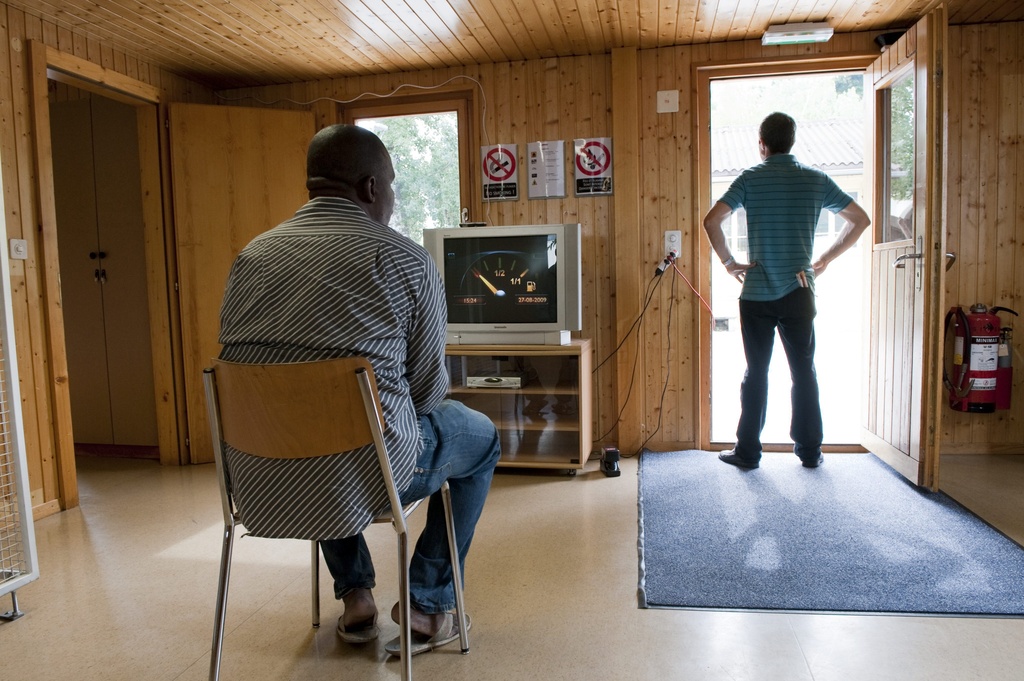
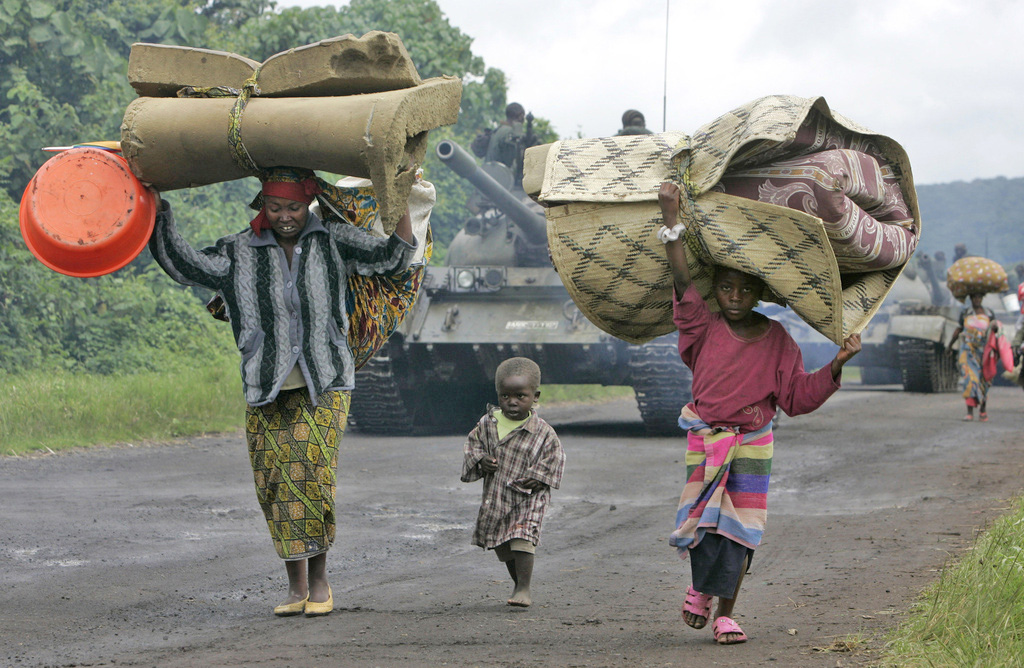
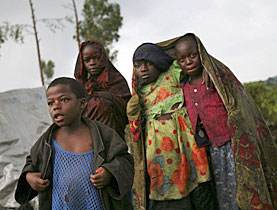
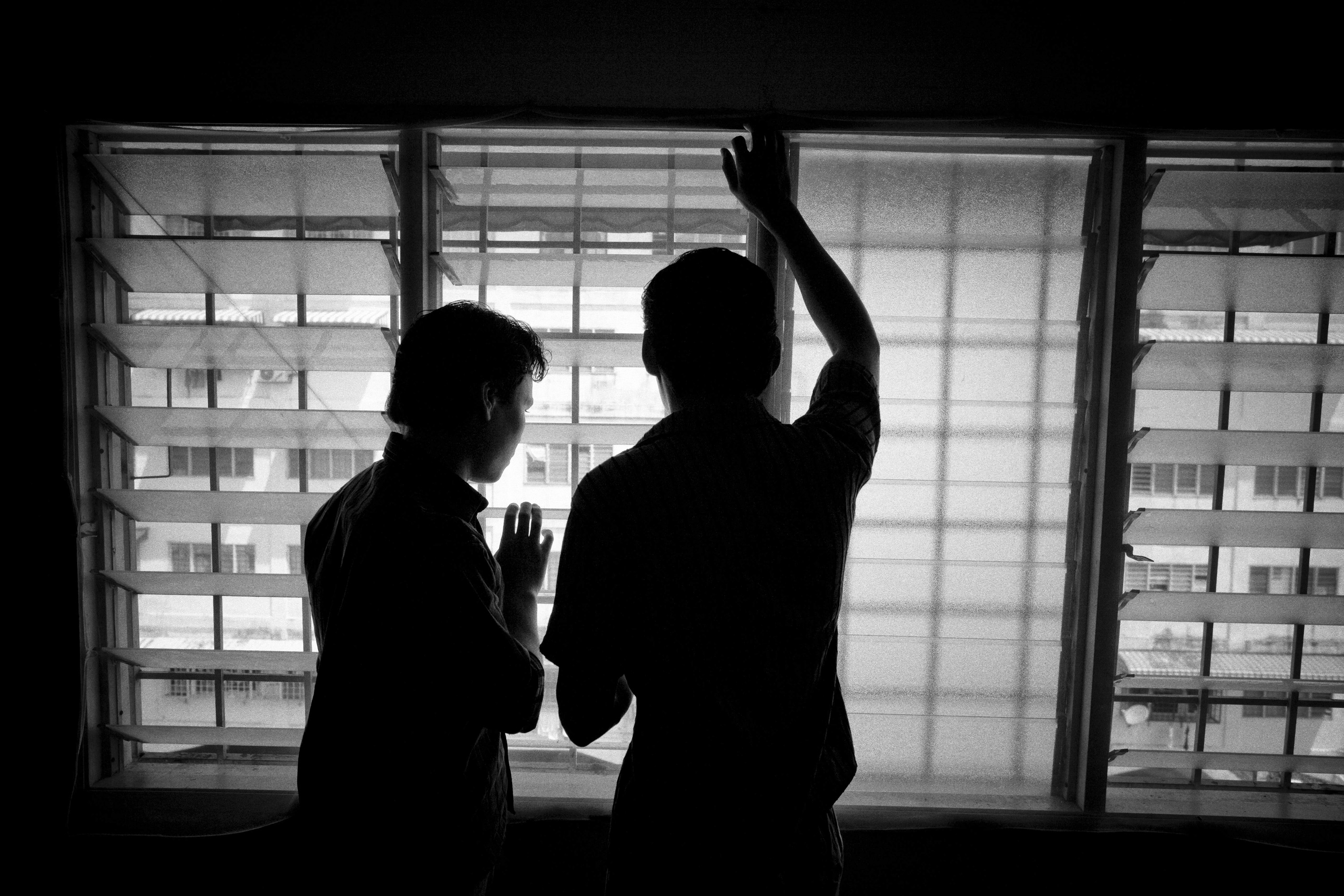
You can find an overview of ongoing debates with our journalists here. Please join us!
If you want to start a conversation about a topic raised in this article or want to report factual errors, email us at english@swissinfo.ch.